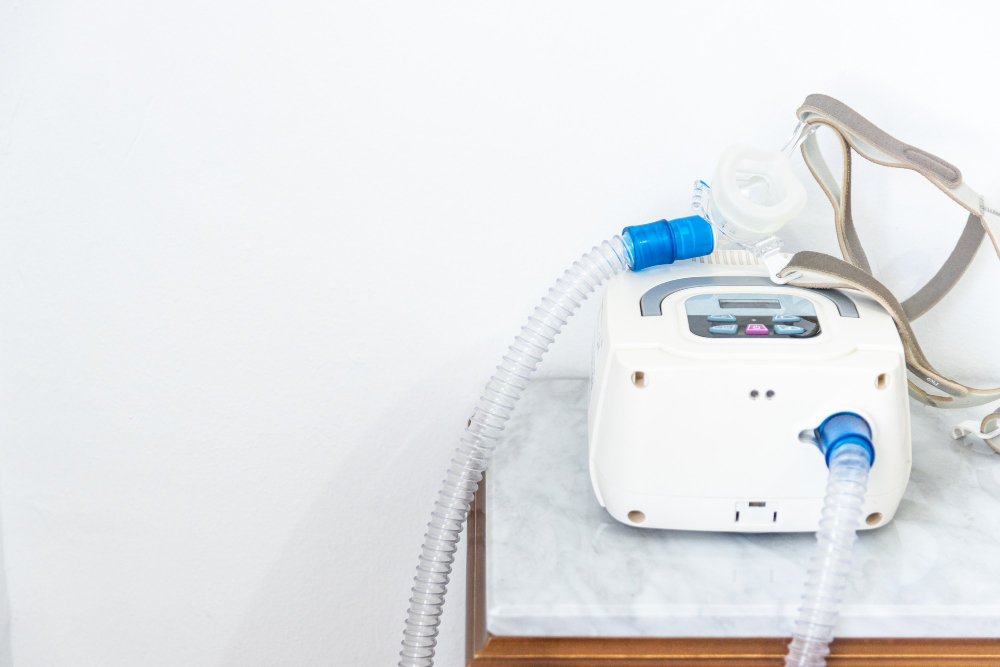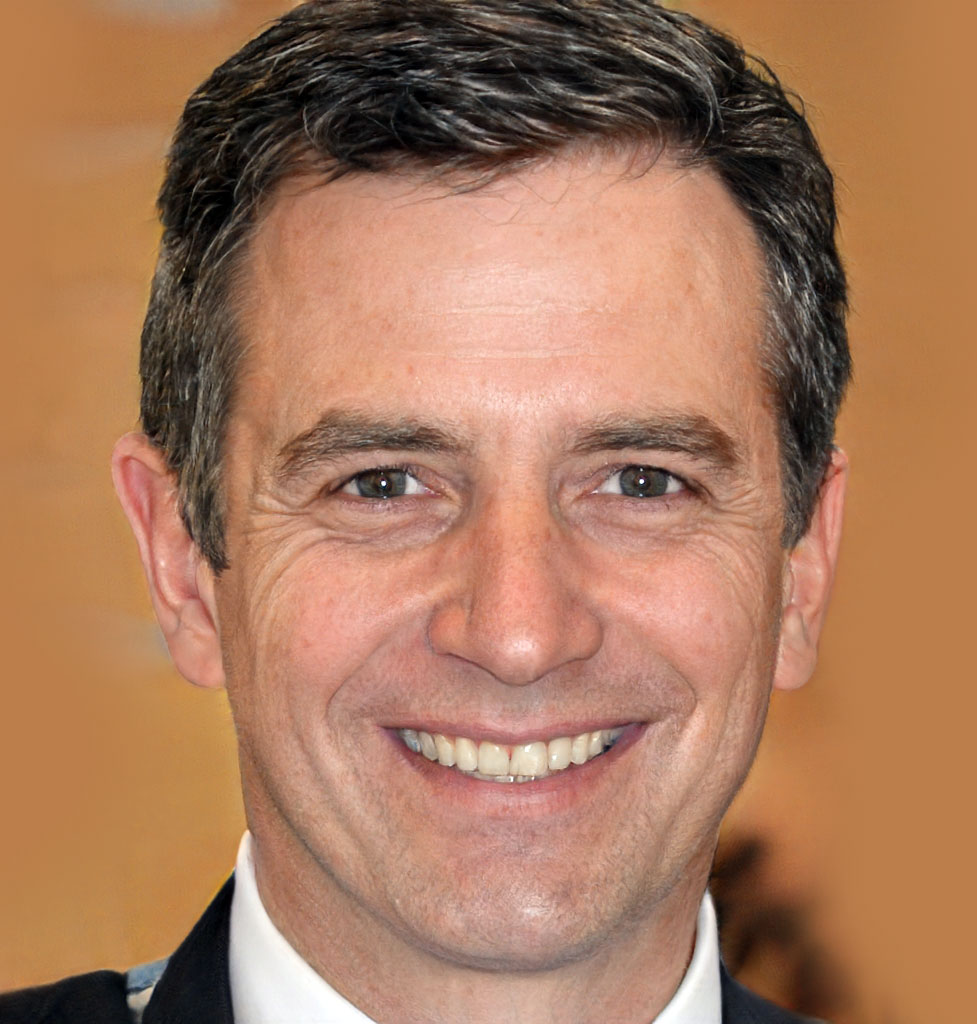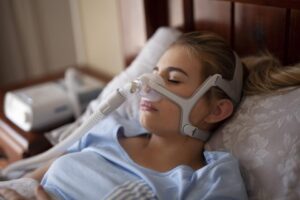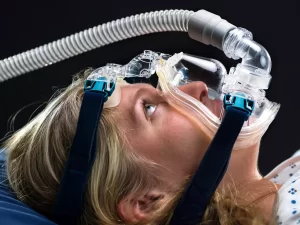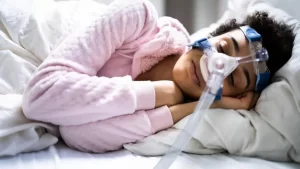If your CPAP runs out of water, it will still function normally and safely, but it will no longer provide humidification. This can cause your throat to become dry and irritated, which can make it difficult to sleep. If you experience this, you can add more water to the reservoir or turn off the humidifier.
A Continuous Positive Airway Pressure (CPAP) machine is commonly used to help people with sleep apnea breathe more easily during sleep. The machine increases air pressure in your throat so that your airway doesn’t collapse when you breathe in.
Many CPAP machines come with a humidifier because breathing in the dry air from a CPAP machine can lead to dryness or irritation in the nose, mouth, and throat. The humidifier uses water to add moisture to the air.
What Happens When Your CPAP Machine Runs out of Water:
- Dryness: The most immediate consequence is that the air you’re breathing could become drier. This can lead to dryness and irritation in the nose, mouth, and throat. It might also increase congestion, particularly if you’re in a dry environment.
- Discomfort: A lack of water could make your CPAP therapy less comfortable, potentially disrupting your sleep.
- Less effective therapy: If the discomfort causes you to use your CPAP machine less, it could make your sleep apnea therapy less effective.
However, it’s important to note that the CPAP machine will continue to work even if the humidifier runs out of water. The machine can deliver the air at the required pressure without the need for water in the humidifier. But, for the reasons mentioned above, it’s recommended to ensure the humidifier is filled with clean water before use.
Also, it’s crucial to clean your CPAP machine regularly, including the humidifier. If water is left in the humidifier too long, it can become a breeding ground for bacteria and mold. If you’re unsure how often to clean your machine or how to do it, consult your healthcare provider or the machine’s user manual.
FAQ on What Happens if Your CPAP Machine Runs Out of Water
Will it Hurt the CPAP Machine to Run without Water?
Running your CPAP without water won’t harm the machine, but it’s not a recipe for a good night’s sleep. The dry air can irritate your nose and throat, potentially making you open your mouth and reducing the therapy’s effectiveness. It can also cause CPAP cough. While turning off the humidifier or using saline spray can offer temporary relief, the best bet for optimal comfort and treatment remains sticking with distilled water as recommended by your doctor.
Can I Use Tap Water in CPAP for One Night?
No. Tap water is not a good idea to use in your CPAP, even for a night. If you don’t have distilled water available, either boil and then cool down the tap water or use bottled water instead.
